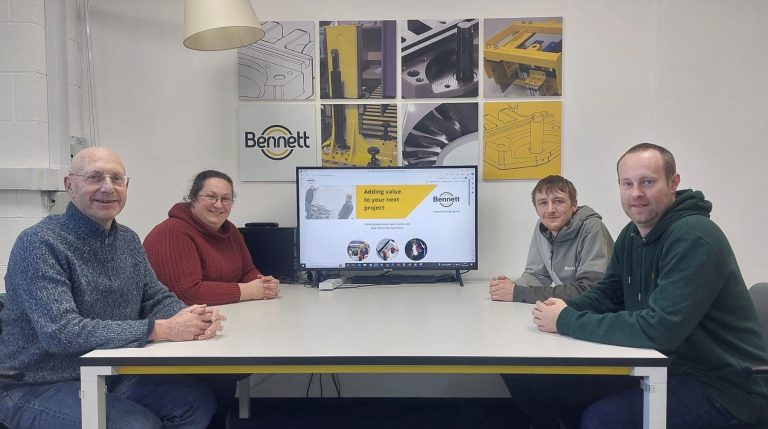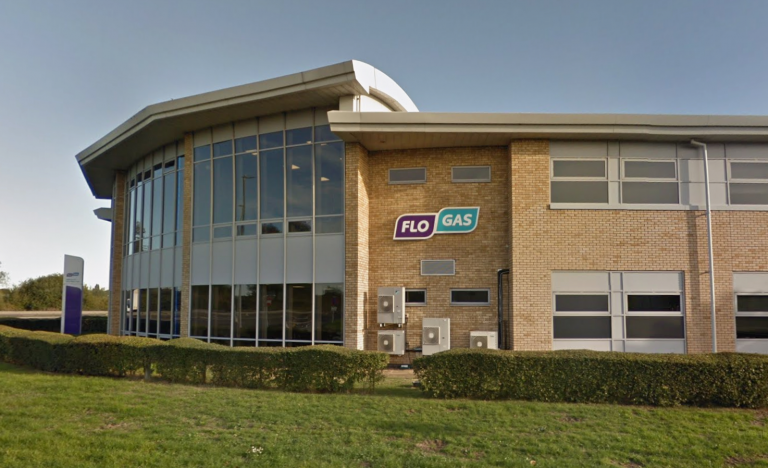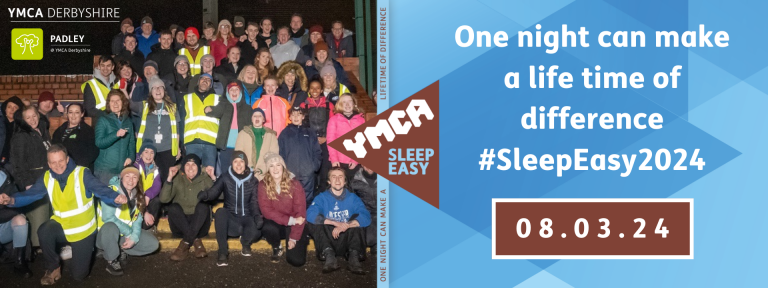New director for engineering design company
Next green light given to Newark Castle
Burton pharma services firm acquires innovative cancer health tech business
Sciensus, a Burton-based technology-enabled pharma services business managing the complex medicine needs of more than 250,000 chronic, rare and cancer patients, has reached an agreement to acquire Vinehealth, a cancer patient and physician support tool.
Founded by Rayna Patel, formerly an NHS physician, and Georgina Kirby, a leading data scientist, Vinehealth has grown to become the top-rated cancer support app. It is underpinned by best-in-class technology trusted by patients, physicians, life science companies, and regulators, with support and approvals from the NHS, FDA, MHRA, and EU-MDR.
In recent years Sciensus has invested heavily to build an integrated portfolio of powerful patient engagement and real world evidence solutions to enhance patient connectivity and insight. Centred on the Sciensus InTouch app, these tools support more personalised care and enhanced patient outcomes. Every day thousands of patients use the app to help manage their condition.
The addition of Vinehealth further expands Sciensus’ digital platform. Sciensus will accelerate Vinehealth’s expansion into new geographies and therapeutic areas beyond cancer to support patients worldwide.
Darryn Gibson, CEO of Sciensus, said: “Vinehealth presents a rare and exciting opportunity to acquire a fast-growing, highly innovative business, which is transforming cancer patient outcomes and will significantly strengthen our digital insight offerings.
“We look forward to welcoming Rayna, Georgina, and their team to Sciensus and working together to enable cancer patients to be even more engaged with their treatment.”
The founders of Vinehealth said: “This deal marks an important milestone for Vinehealth. Uniting with Sciensus will extend our reach to patients by leveraging their patient network, and relationships with all the leading pharmaceutical companies and healthcare practitioners.
“Together, we’re poised to enhance the patient experience and generate meaningful patient insights through best-in-class patient support programmes and rich longitudinal real-world data to drive advancements in chronic disease patient support.”
Leicestershire energy solutions company snaps up energy management division
Planning granted for £20.35m residential scheme in Matlock
Housebuilder Honey will build 75 new one-, two-, three-, four- and five-bedroom homes in Matlock after being granted planning permission for a £20.35m development.
Called Hazel, the development is located opposite Matlock Golf Club on Chesterfield Road and will comprise maisonettes, terraces, semi-detached and detached properties.
The development is Honey’s second in Derbyshire, its first being a £14m, 50-new home development called Amber in South Normanton, near Alfreton.
Work on site at Hazel is scheduled to start in spring with the first residents expected to move into their new homes by the end of this year.
As well as providing new homes for the area, Honey is also making a £670,000 contribution to initiatives that will benefit the local community.
Honey Chief Executive Officer, Mark Mitchell, said: “Hazel generated a great deal of interest from prospective buyers from the moment we announced plans had been submitted.
“Our development will provide much needed new homes for people living in and around Matlock whether they are first time buyers, second steppers, families or downsizers.”
Since the start of the year Honey has secured three further sites across the East Midlands. The housebuilder has exchanged contracts on a site in Duckmanton and acquired sites in Edwinstowe and Killamarsh.
Subject to planning, these three sites will deliver 563 new homes with a combined gross development value of £170m.
YMCA Derbyshire encourages businesses to sleep out for one night, so other people don’t have to
East Midlands levelled down since 2010 with people £6,840 poorer on average
- Jobs boomed in most towns and cities after 2010, pulling more people into work. Overall, the East Midlands added 232,114 jobs since 2010. Derby and Mansfield had jobs growth of more than 15 per cent.
- But productivity growth – a key driver of wages – declined almost everywhere too. Productivity growth lagged pre-2010 performance in all cities in the East Midlands. Derby and Mansfield were less productive in 2021 than in 2010. Major places Northampton and Leicester struggled, hitting local incomes.
- Housing costs have increased in most places. High housing costs have left the average person with even less income left over to spend or save at the end of the month. Housing became less affordable in every large city and town in the East Midlands.
- The nature and prevalence of poverty has changed. Rates of children in relative poverty have risen in every city and Derby and Leicester are now two of six places in the country where more than one in three children live in households in relative poverty – as recently as 2014, there were none nationwide.












